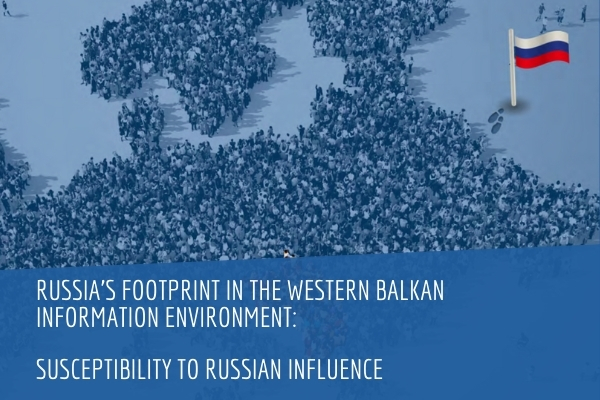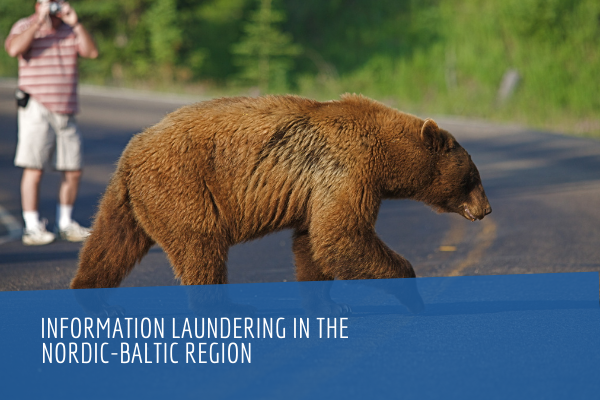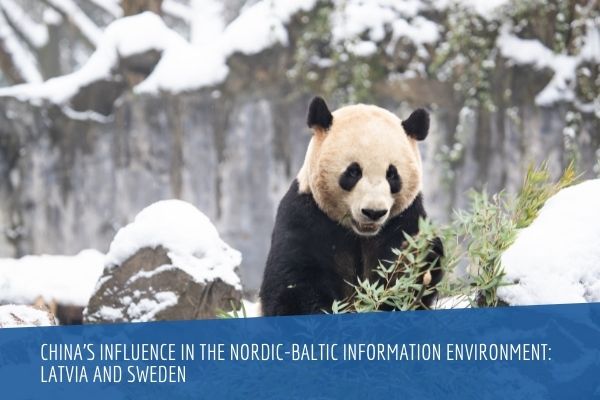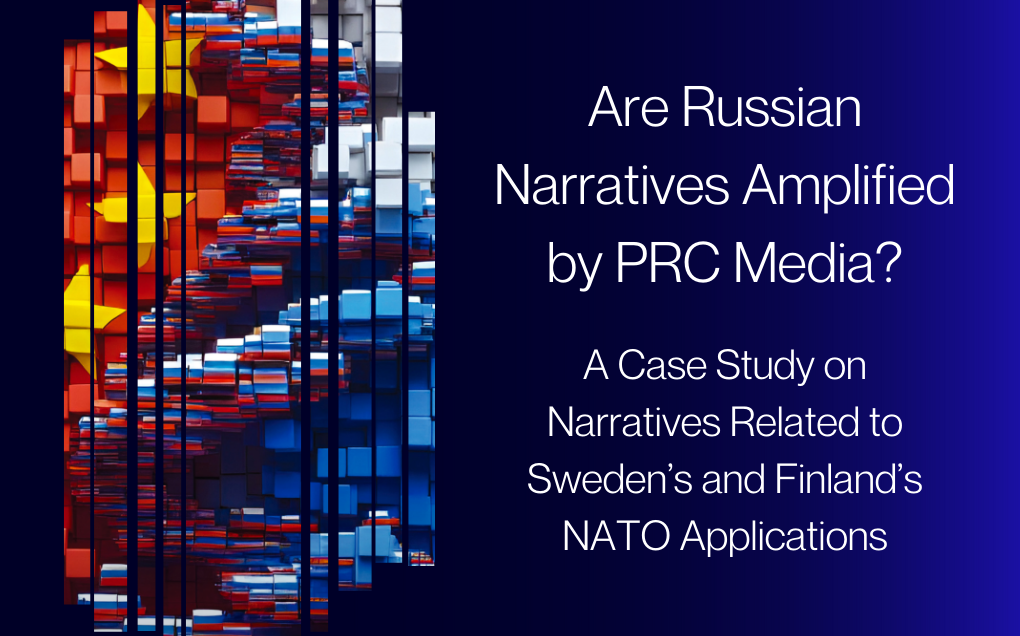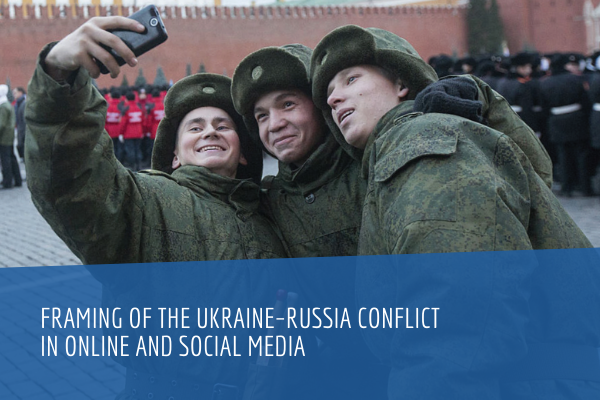This is the second volume issued in the framework of the project ‘Russia’s (Dis-)Information Campaigns in Nordic-Baltic Countries’. This project was initiated in 2016 as an ongoing effort to monitor and analyse Russia’s (dis-)information influence in the Nordic-Baltic region, which includes Denmark, Estonia, Finland, Iceland, Latvia, Lithuania, Norway and Sweden (the NB8). The first volume was published in January 2018.
Since then, we have continued tracking trends in the information space of the NB8. On the basis of our regular biannual fact findings several trends have emerged. The stories pushed by the Kremlin most often revolve around:
- Manipulation with facts surrounding World War II;
- Attempts to rewrite the history of the NB8 states;
- Exaggerating the threat of immigration to the NB8 societies;
- Accusing the governments, media and opinion leaders of the NB8 countries of Russophobia;
- Accusing NB8 countries of discrimination against Russia’s compatriots abroad*;
- Framing NATO’s Enhanced Forward Presence in the Baltics and Poland as a threat to regional security;
- Questioning and undermining national or regional infrastructure projects.
This publication includes four chapters that help to understand information influence in the NB8.
The first chapter is a piece by Scott Ruston, Research Scientist with Arizona State University’s Global Security Initiative (USA). He explains how narrative can be understood in the context of strategic communication and focuses on the important differentiation between ‘story’, ‘theme’ and ‘topic’. This chapter will help to understand what are the key elements of a narrative logic that empower narratives.
The second chapter is written by Māris Cepurītis and Austris Keišs, researchers of the Centre of East European Policy Studies (Latvia). After defining ‘hostile narrative’ the authors analyse the impact of such narratives based on a case study of Latvia. Applying the definition, they carefully examine the lengthy implementation of the education reform, namely switching to Latvian as the language of instruction in Russian-speaking public schools.
The third chapter is a research on stories pushed by Sputnik, RT (formerly Russia Today) and Perviy Kanal, conducted by the Estonian authors Ivo Juurvee and Diana Marnot (Estonia). This is a followup research to the one published in the first volume of this project providing a comparison of the 2016 and 2018 findings. The researchers conclude that the overall coverage of the NB8 has been toned down. Nevertheless, several new narratives have emerged, e.g. asserting that NATO causes a threat to security in Europe and in the NB8 in particular, or claiming that some of the NB8 countries have developed absurd extremes by fostering a too liberal understanding of human rights.
The fourth chapter is an innovative piece by Belén Carrasco Rodríguez (Spain) where she introduces the concept of ‘information laundering’ and lays out the methodology how to research it. Focusing on cases with Kremlin-sponsored media involvement, she tests the methodology on eight countries of the Nordic-Baltic region and provides an overview of the main conclusions. The full research covering all of the NB8 cases in detail is available in a separate publication on the NATO StratCom COE’s website.

